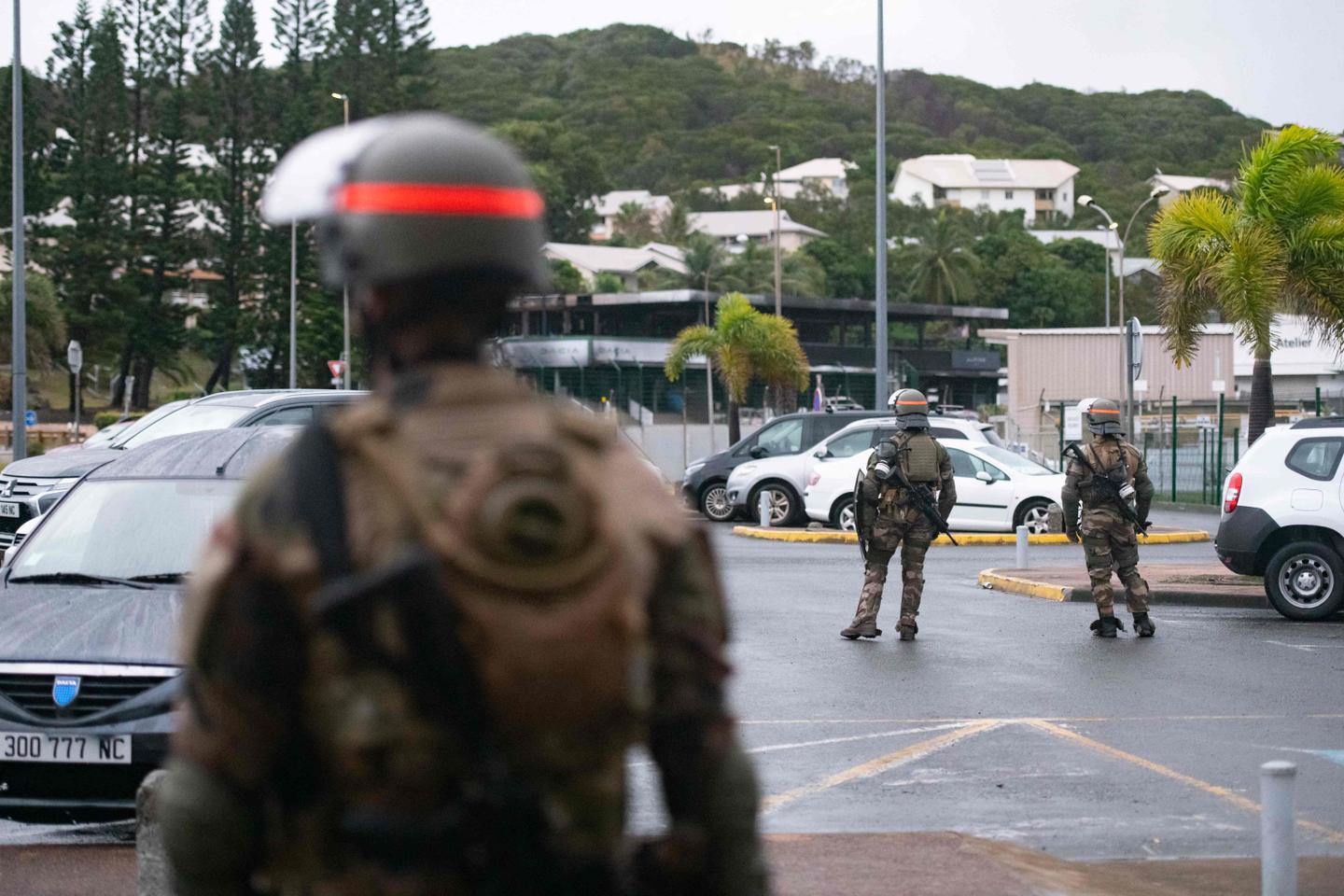


For the first time in France, one of the leading social media platforms has been banned in part of the country. TikTok has been inaccessible in New Caledonia for over a week, following a decision by the government, which accuses the platform, very popular with young people in New Caledonia as in mainland France, of having contributed to "the propagation of insurrectionary disturbances to public order." On Thursday, May 23, the Council of State, France's top administrative court, rejected a request to suspend the ban filed by several civil liberty organizations, including the Human Rights League, La Quadrature du Net, Kanak Movement and three private individuals. But this first legal victory for the government did not settle several fundamental questions.
Firstly, on the merits: The Council of State did not rule on the merits of the measure but found that the organizations contesting the ban had not provided proof of a flagrant violation of the rights of New Caledonia residents that would justify an emergency suspension of the ban. However, the groups suing are also contesting the motivation of the ban. They believe that the government has not provided proof that TikTok played a role in the outbreak of violence.
While videos of fires, or videos purporting to show loyalists or police firing on young Kanaks, were indeed posted on TikTok, their number was limited, as was their audience. Similar content was widely shared on other social media platforms, including X (formerly Twitter) and Facebook. Viginum, the government department responsible for combating foreign interference, noted that the two platforms were the focus of a disinformation operation, run from Azerbaijan, aimed at escalating the situation in New Caledonia. However, neither X nor Facebook were blocked.
Blocking without consultation or request
There are also questions of form. In the summer of 2023, in the context of the riots that had affected many French cities after the killing of 17-year-old Nahel by police, President Emmanuel Macron had floated the idea of allowing the government to "regulate or cut off" social media "when things get out of hand." TikTok, but above all Snapchat, had been accused at the time by the government of helping to fuel the violence, notably through the "Snap Map" function, which allows users to see, almost in real-time, the locations from which a large number of public videos have been uploaded. Nothing indicated, at the time or since, that this function played a significant role in the outbreaks of violence; the company had announced that it had implemented enhanced monitoring of Snap Map and increased moderation. Snapchat had also been invited to meetings with the interior and digital ministers, alongside other social media companies, to discuss measures to be taken.
You have 46.63% of this article left to read. The rest is for subscribers only.
